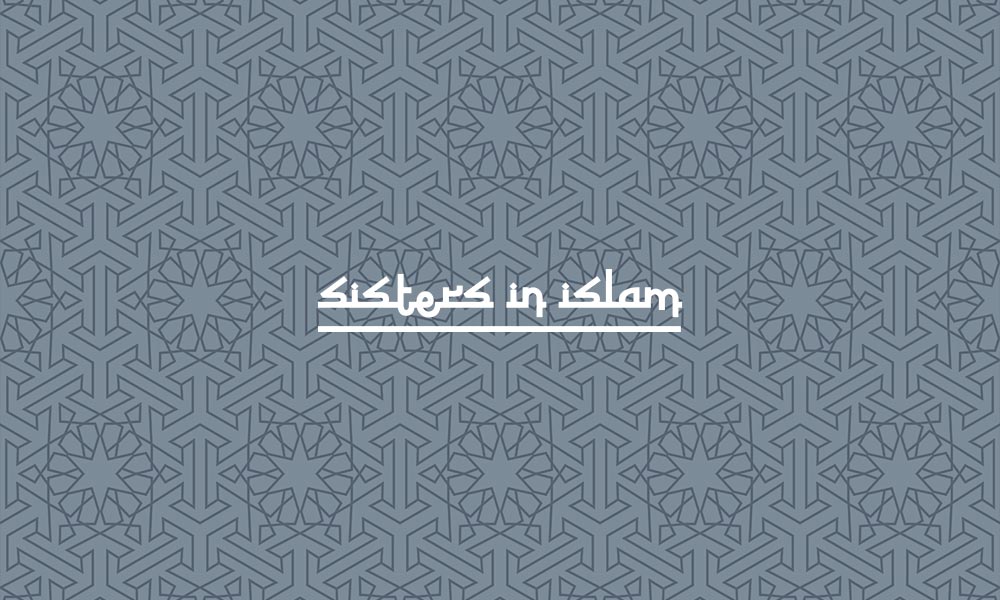1. That it is against the Federal Constitution.
Hudud law is unconstitutional on several grounds. First, crime falls under federal jurisdiction; thus a state has no authority to legislate on criminal matters. This is why we have in place a Penal Code that all Malaysians – irrespective of religion – are subject to. Second, it violates constitutional guarantees of equality and non-discrimination on the basis of gender; and third, it violates constitutional guarantees of fundamental liberties.
SIS believes that society has to be regulated in line with the principles of equality, justice and dignity, and not through deterrence by means of harsh and cruel punishment.
2. That it discriminates against women.
The burden of proof for rape under hudud law is on women. The Terengganu Syariah Criminal Offences (Hudud and Qisas) of 2002 states under Section 9, that a woman who reports she has been raped could be charged for qazaf (slanderous accusation) and flogged 80 times if she is unable to provide proof. Although amendments were made to allow for circumstantial evidence, there is still confusion. For example, which party is to produce the evidence – the police or the victim? The amendments were inadequate and overall the law remained an unjust one.
In the Kelantan Syariah Criminal Enactment (Hudud) 1993, an unmarried woman who is pregnant or has delivered a baby is assumed to have committed zina (illicit sex) even though she was raped. The inability of rape victims to produce four male witnesses will result in the presumption of them committing zina while the rapists go free.
A woman cannot be a witness. People of other faiths also cannot be called as witnesses. In effect, three-quarters of Malaysia’s population will be disqualified as witnesses.
3. That it provides for maximum punishment without room for repentance and reform.
The hudud enactments of Kelantan and Terengganu violate human rights principles and the principles of justice and equality in Islam. They provide for punishment that is deemed “cruel, inhuman and degrading”. The punishment of death for apostasy for instance, is the most severe, oppressive and maximum punishment from among the diversity of views existing within the Islamic juristic heritage.
4. That it discriminates on the basis of religion.
A Muslim convicted of theft would have his hand amputated while a non-Muslim convicted of the same offence would only be punished with imprisonment. If a Muslim and a person of another faith are both involved in a particular crime, one party should not be punished differently from the other. It violates the spirit of natural justice and equity. There should not be two sets of criminal law that apply to Malaysians.
Islam teaches the spirit of universal love within the community and emphasises the importance of repentance and rehabilitation of the wrong-doers – not the imposition of severe punishments.
Ratna Osman
Executive Director
SIS (Forum) Malaysia
14 October 2011
